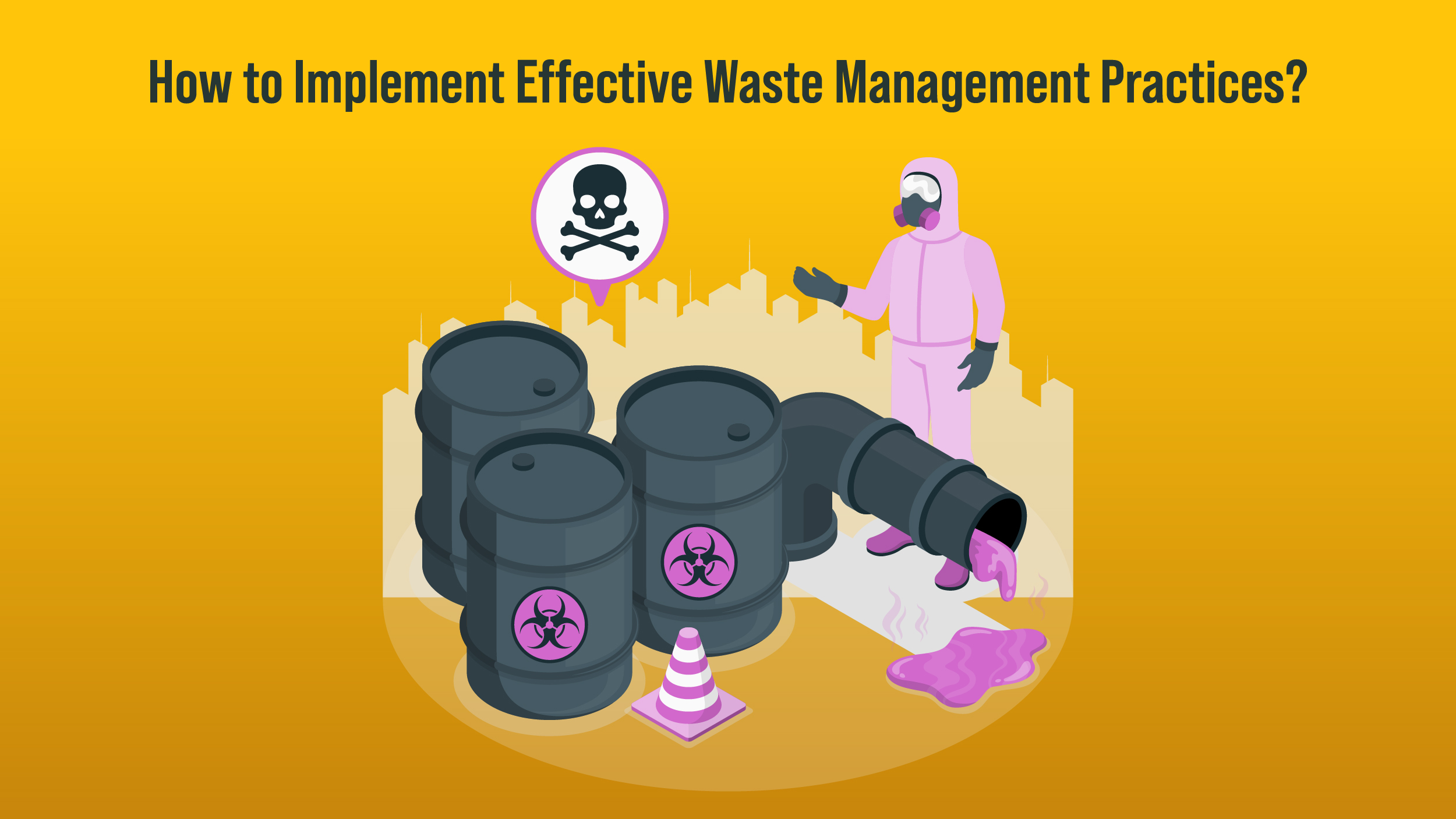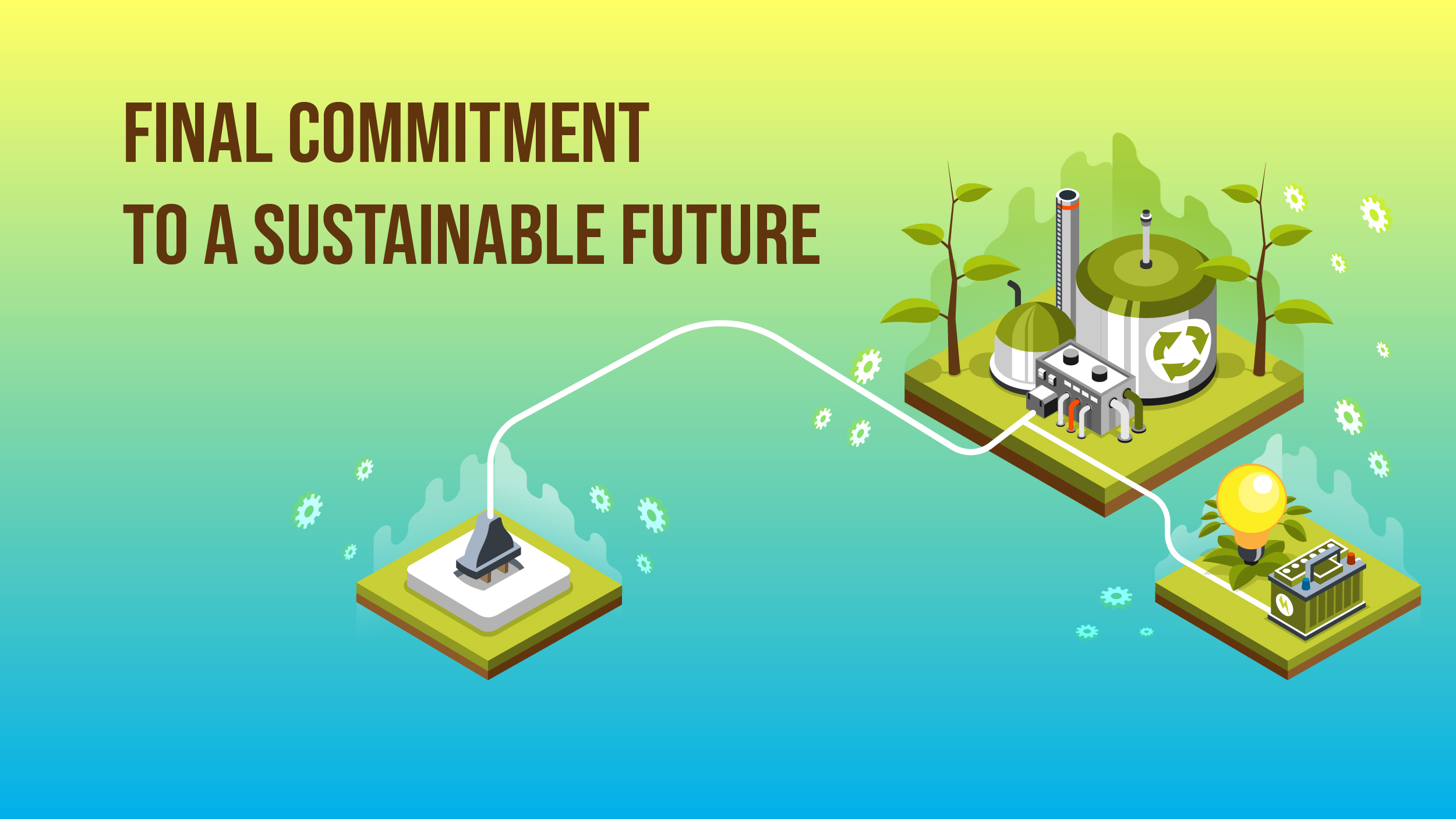Proper disposal of chemical waste is a crucial aspect of maintaining a sustainable future. Chemical waste can pose significant risks to the environment and human health if not handled and disposed of correctly. In this ultimate guide to chemical waste disposal, we will explore the best practices and regulations that industries and individuals must follow to ensure the safe and responsible management of chemical waste. Whether you are a business owner, a researcher, or simply concerned about the impact of chemical waste on the environment, this guide will provide you with the knowledge and resources to make informed decisions and contribute to a more sustainable future.
Understanding the Importance of Proper Chemical Waste Disposal
The proper disposal of chemical waste is not just a matter of compliance with regulations, it is a crucial step toward preserving our planet for future generations. Understanding the importance of proper chemical waste disposal is the first and most essential part of implementing sustainable practices.
Chemical waste, if not disposed of correctly, can contaminate soil, water sources, and the air we breathe. This contamination can have severe consequences for both the environment and human health. From aquatic life to groundwater supplies, every aspect of our ecosystem is susceptible to the harmful effects of chemical waste.
By disposing of chemical waste responsibly, we can mitigate these risks and protect the delicate balance of nature. Furthermore, by implementing best practices in chemical waste management, we can contribute to the creation of a circular economy where waste becomes a valuable resource. Some of the prominent chemical waste disposal companies are Veolia Environmental, Clean Harbors Environmental Services, Environmental Management Services, Inc., and Stericycle.
Let’s dive deeper into the potential environmental and health hazards posed by improper chemical waste disposal.
Also Read : Decentralized Power Generation: A Catalyst for Sustainable Innovation
Compliance with Regulations and Standards
Complying with regulations and standards is an integral part of proper chemical waste disposal. Local, state, and federal governments have established guidelines and protocols to ensure the safe handling, storage, and disposal of chemical waste.
These regulations are in place for a reason – to protect the environment, and human health, and prevent any potential accidents or disasters. By adhering to these regulations, you are not only avoiding fines and penalties but also playing your part in creating a sustainable future.
Some commonly enforced regulations and considerations for chemical waste disposal include:
- Ensuring accurate labeling and identification of the waste to facilitate safe handling and proper disposal. This should involve providing detailed information about the contents, potential hazards, and appropriate handling procedures.
- Adhering to specific storage requirements, such as utilizing suitable containers that are compatible with the waste and designed to prevent leaks or spills. Storage areas should also be well-ventilated, secure, and equipped with necessary safety measures.
- Following regulations for the transportation of chemical waste may involve using licensed hazardous waste transporters and employing proper packaging to prevent leaks or spills during transit.
- Abiding by the necessary treatment and disposal procedures for chemical waste. This may include subjecting the waste to specific treatment processes to minimize its hazardous properties before disposal. The disposal methods utilized will depend on the nature of the waste and the applicable regulations, which can include incineration, landfilling, or recycling.
- Maintaining thorough recordkeeping and documentation throughout the disposal process. This typically involves utilizing hazardous waste manifests or other relevant documentation to track the movement and ultimate disposal of chemical waste. Such documentation helps ensure accountability and compliance with regulations.
How to Implement Effective Waste Management Practices?

Implementing effective waste management practices is crucial for proper chemical waste disposal and creating a sustainable future. With the numerous methods and techniques available, it is essential to select the most suitable ones for your specific needs.
- Recycling: By treating and repurposing chemical waste, you can minimize the amount of waste going to landfills and reduce the need for new raw materials. Through recycling, you can also conserve energy and reduce greenhouse gas emissions associated with manufacturing processes.
- Segregation of chemical waste: This involves categorizing waste based on its chemical properties, such as flammability, toxicity, and reactivity. Segregating waste allows for easier handling and ensures that incompatible substances do not interact, preventing potential hazards or reactions.
When it comes to storage, it is important to use appropriate containers and labeling techniques. Storing chemical waste in specifically designed containers can prevent leaks or spills, protecting both the environment and personnel. Proper labeling ensures that everyone handling the waste understands its contents and associated risks.
How to Choose the Right Disposal Methods?
Selecting the right chemical waste disposal method is vital for a sustainable future. Consider factors like waste type, quantity, hazardous properties, and local regulations. Off-site treatment is suitable for large volumes or complex waste, while on-site treatment is more cost-effective for smaller amounts. Recycling and reusing certain waste can be environmentally friendly. Assess the long-term effects, risks, and sustainability of each method to make an informed decision.
Final Commitment to a Sustainable Future

Committing to a sustainable future requires a dedicated effort to continuously monitor and evaluate your waste management practices. By tracking the quantity and type of chemicals generated, comparing progress over time, and assessing disposal methods, we can identify areas for improvement and make necessary adjustments. Conducting regular audits or inspections ensures compliance with local regulations and maintaining accurate documentation showcases a commitment to responsible chemical waste disposal. Remember, sustainability is an ongoing journey that requires constant evaluation. By taking these steps, we can make meaningful strides toward building a more environmentally friendly future.






